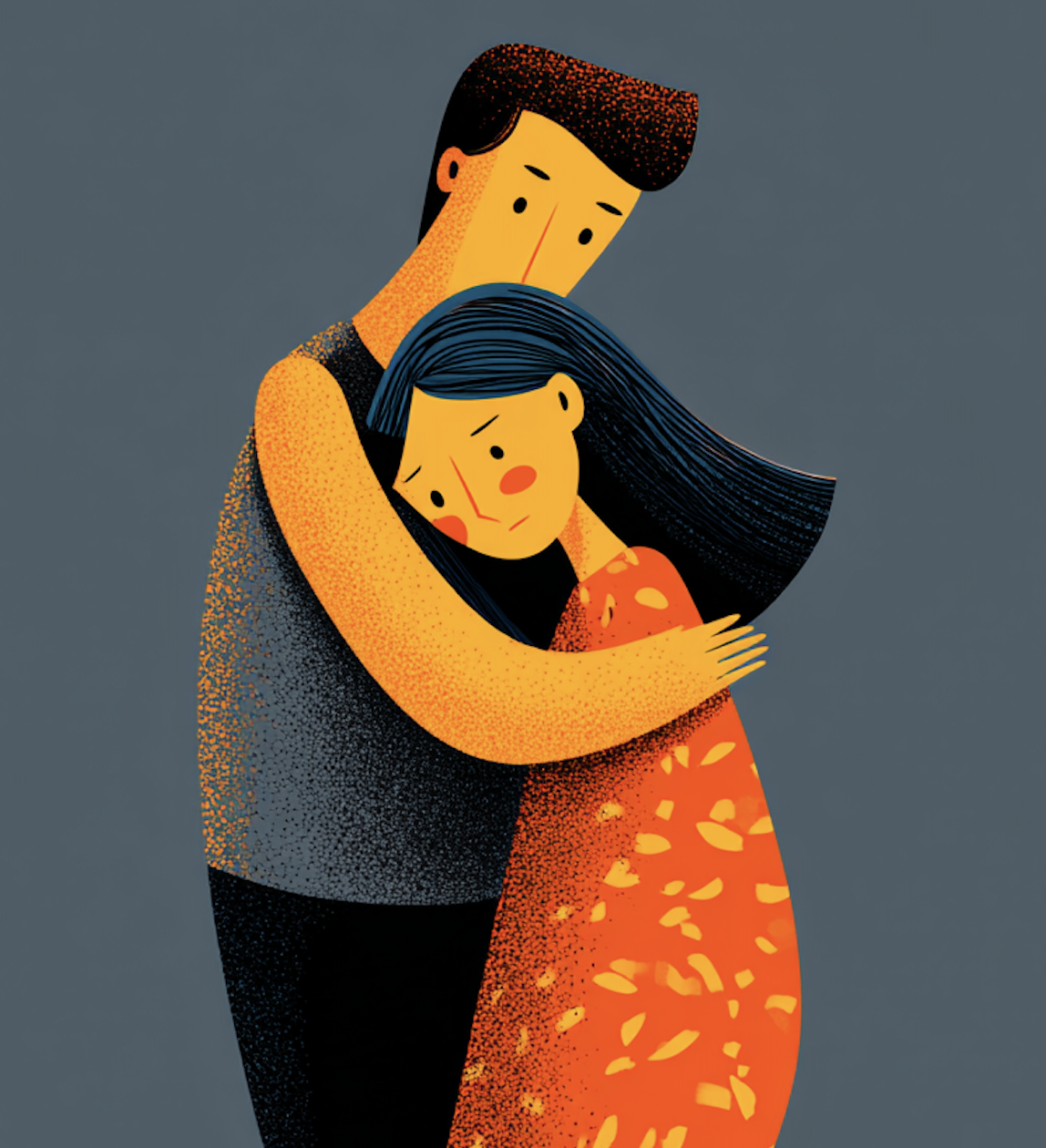Conflict Separation Coaching Podcast Audio
There is a misconception about those who appear solely angry after high-conflict separation and the exhausting family court process. What we see on the outside, and what we feel on the inside, may not be “just anger.” More often, it’s a transition from one emotion to another — a way of coping with grief. Anger gives us a sense of power where other emotions may not.
But here’s the problem: while anger can make us feel strong, it often leads to poor actions if we are not self-aware. Anger narrows our vision. It locks our focus on a perceived wrong or injustice and blinds us to a small picture.
So why do we reach for anger when something so painful has happened? Why don’t we allow sadness and grief to be felt?
For many, sadness feels too vulnerable. Vulnerability feels unsafe when support is gone. It feels too scary to let grief come if there is no one to catch us. So, anger steps in as the protector. It shields us from threat, and when separation feels like a threat to our very survival, anger seems like the best armour. But here’s the cost: when the nervous system is primed for protection, it robs us of the ability to process and create positive meaning from the reality we now face.
The deeper issue is this: when sadness and grief are converted into anger, they get trapped in the body. The nervous system never gets the chance to feel and release them. We end up wiring the brain to respond to sadness with anger. Over time, this becomes a programme, a default setting — a survival response that keeps us “safe” but stuck.
So I ask you: what emotion should you be feeling because of the conflict? And what do you feel is the reason you cannot let yourself feel it?
Often, it comes down to safety and self-worth. “If I feel this, how will I be perceived?” In family court, emotions are judged and twisted into narratives that serve the other party’s interests — and that interest is to win. That fear of being judged, that fear of what story will be told about us, creates an even greater fear: the fear of simply being human.
But hear this clearly: you are not broken. The way you feel is valid. The stories told about you in high-conflict separation are often nothing more than strategies to win.
The real danger is when we confuse our bodies and nervous systems by resisting our own emotions. That resistance creates incongruence, wiring us out of alignment with ourselves. Emotions are not bad — they are signals of truth. When we reject them, we sabotage the very system designed to guide and protect us.
